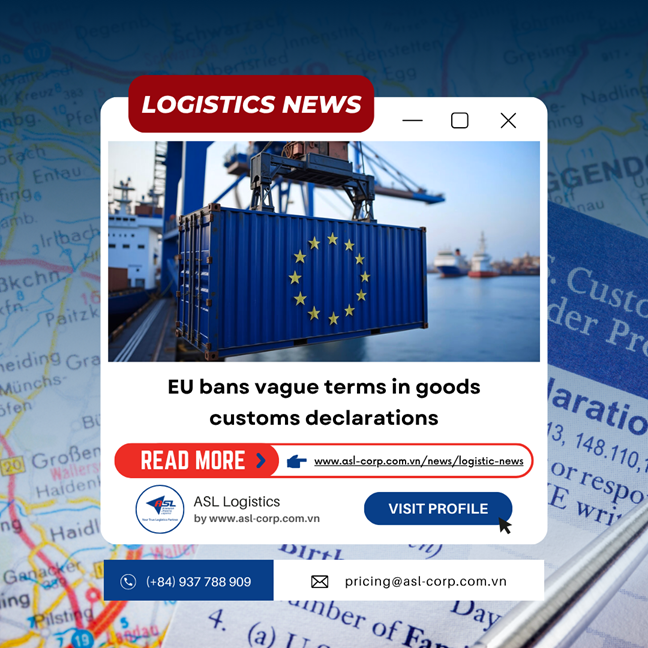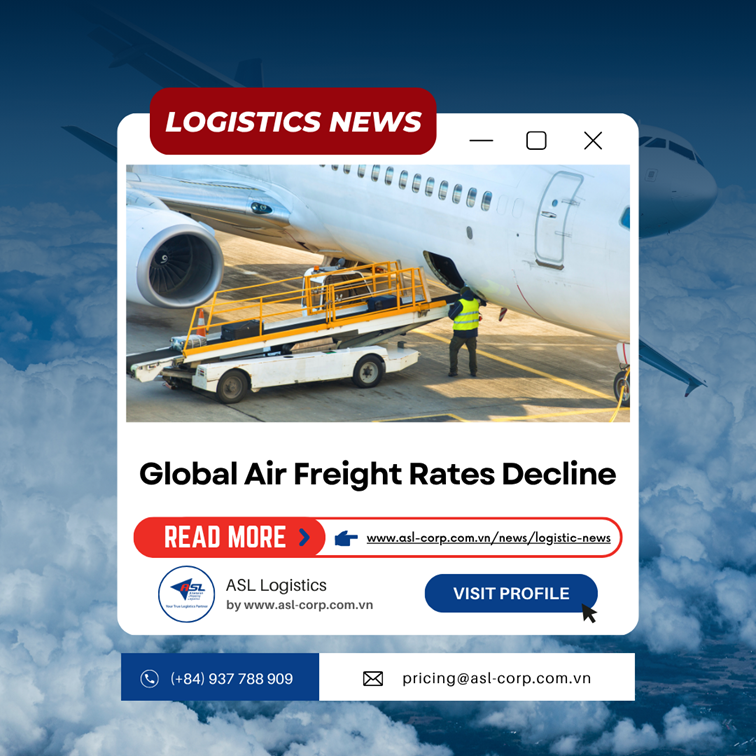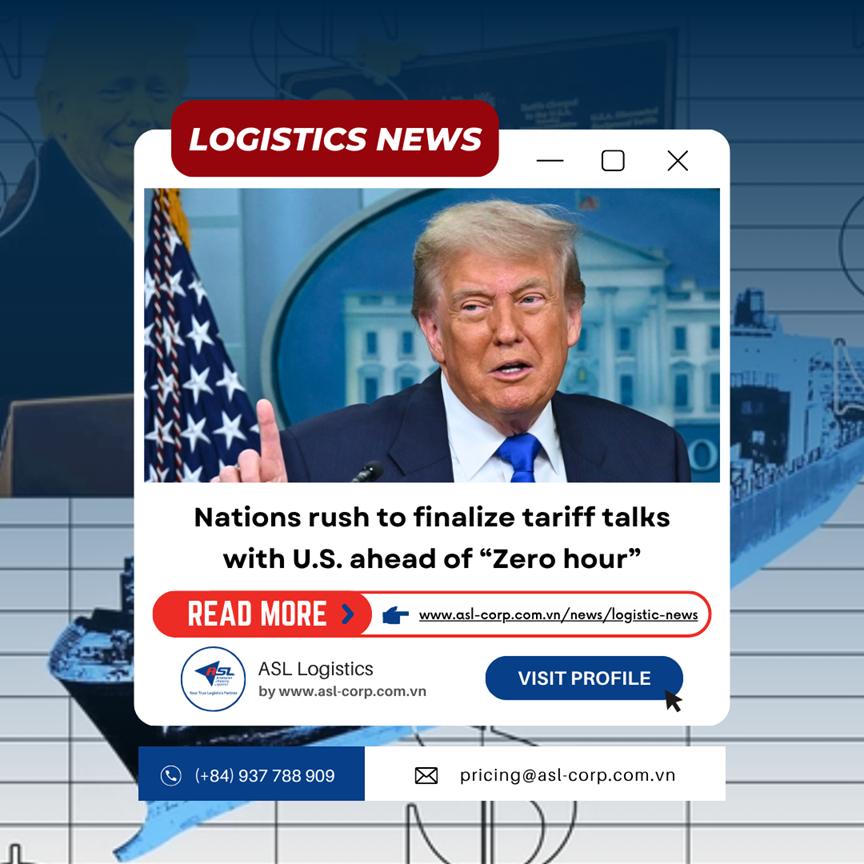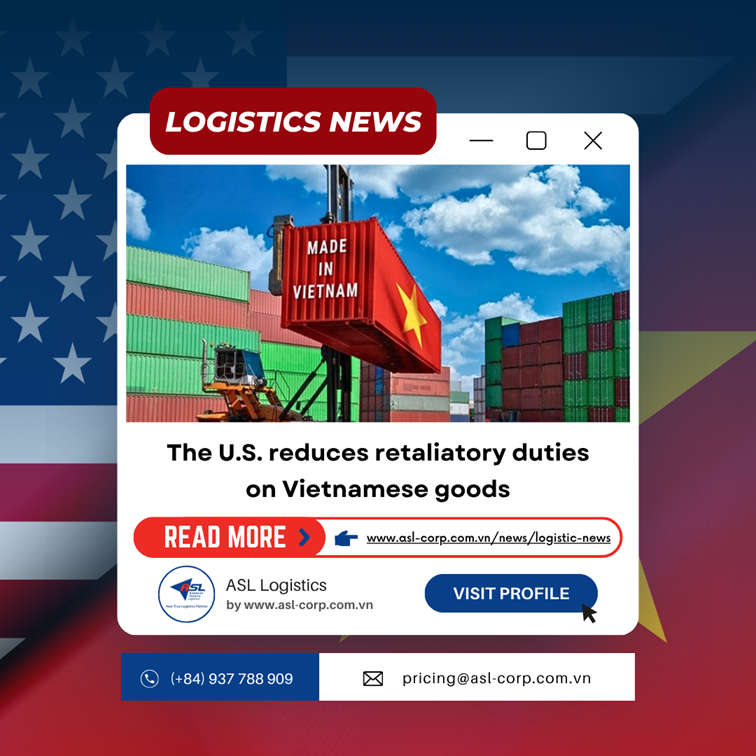Logistic News
MR. TRUMP EASES PORT FEES ON CHINA-BUILT SHIPS
22 April 2025
The administration of U.S. President Donald Trump recently revised a previously proposed port fee on ships manufactured in China...

Illustrative Image – According to Reuters
According to a notice published in the U.S. Federal Register, a proposal to impose a $1.5 million port fee on ships manufactured in China has been revised to reduce its scope of application. This adjustment comes after the proposal faced strong backlash from stakeholders within the United States.
Maritime shipping accounts for approximately 80% of global trade, transporting everything from food and furniture to cement and coal. U.S. businesses are concerned that such a high port fee would put them at a disadvantage and cost American consumers an additional $30 billion annually. With the original regulation applying the fee to all ships built in China, nearly all shipping carriers would be subject to it.
In a statement regarding the fee, U.S. Trade Representative Jamieson Greer emphasized the critical role of maritime vessels and shipping activities in safeguarding U.S. economic security and supporting the flow of free trade. "The actions taken by the Trump administration aim to reverse China's dominance, address threats to U.S. supply chains, and signal demand for ships built in America," Greer said.
The imposition of port fees on Chinese-built ships adds further tension to the ongoing trade dispute between the world’s two largest economies. The Trump administration currently enforces tariffs of up to 145% on imports from China.
In its latest move, while maintaining the proposed fee amount, the Trump administration has modified the scope of application in response to concerns and pushback from global maritime stakeholders, including ports, shipowners, and U.S. shipping companies.
Analysts note that the adjustment also reflects the reality that U.S. shipbuilders—who produce only around five ships per year—would take years to become competitive with China, which manufactures more than 1,700 ships annually.
Under the revised rules, vessels operating between U.S. ports and the Caribbean or U.S. territories will be exempt from the port fee. U.S. and Canadian ships traveling through ports in the Great Lakes region will also be exempt. Empty vessels docking in the U.S. to carry export goods such as wheat or soybeans will not be subject to the fee.
Carriers transporting self-propelled cargo like automobiles and machinery may receive fee refunds if they have placed orders or plan to acquire similarly capable U.S.-built ships within the next three years.
Additionally, the timeline for applying fees to liquefied natural gas (LNG) carriers has been phased in. To qualify for exemption, U.S. LNG carriers must transport at least 1% of exported LNG using U.S.-built, U.S.-flagged ships within four years. This threshold will rise to 4% by 2035 and 15% by 2047.
The original proposal to calculate fees based on the proportion of Chinese-built ships in a fleet or Chinese ship orders has been dropped.
According to the plan, the Office of the U.S. Trade Representative (USTR) is expected to begin collecting the port fees on Chinese-built ships within the next six months.
Source: Reuters

Head Office
ASL Hồ Chí Minh
Số 31/34A Ung Văn Khiêm, Phường Thạnh Mỹ Tây, TP. Hồ Chí Minh, Việt Nam
 Công Ty Cổ Phần Giao Nhận Vận Tải Mỹ Á
Công Ty Cổ Phần Giao Nhận Vận Tải Mỹ Á
 (+84)28 3512 9759
(+84)28 3512 9759
 (+84)28 3512 9758
(+84)28 3512 9758
 pricing@asl-corp.com.vn
pricing@asl-corp.com.vn
 mdirector@asl-corp.com.vn
mdirector@asl-corp.com.vn
 www.asl-corp.com.vn
www.asl-corp.com.vn
LOGISTICS SERVICES











.png)
.png)

.png)




